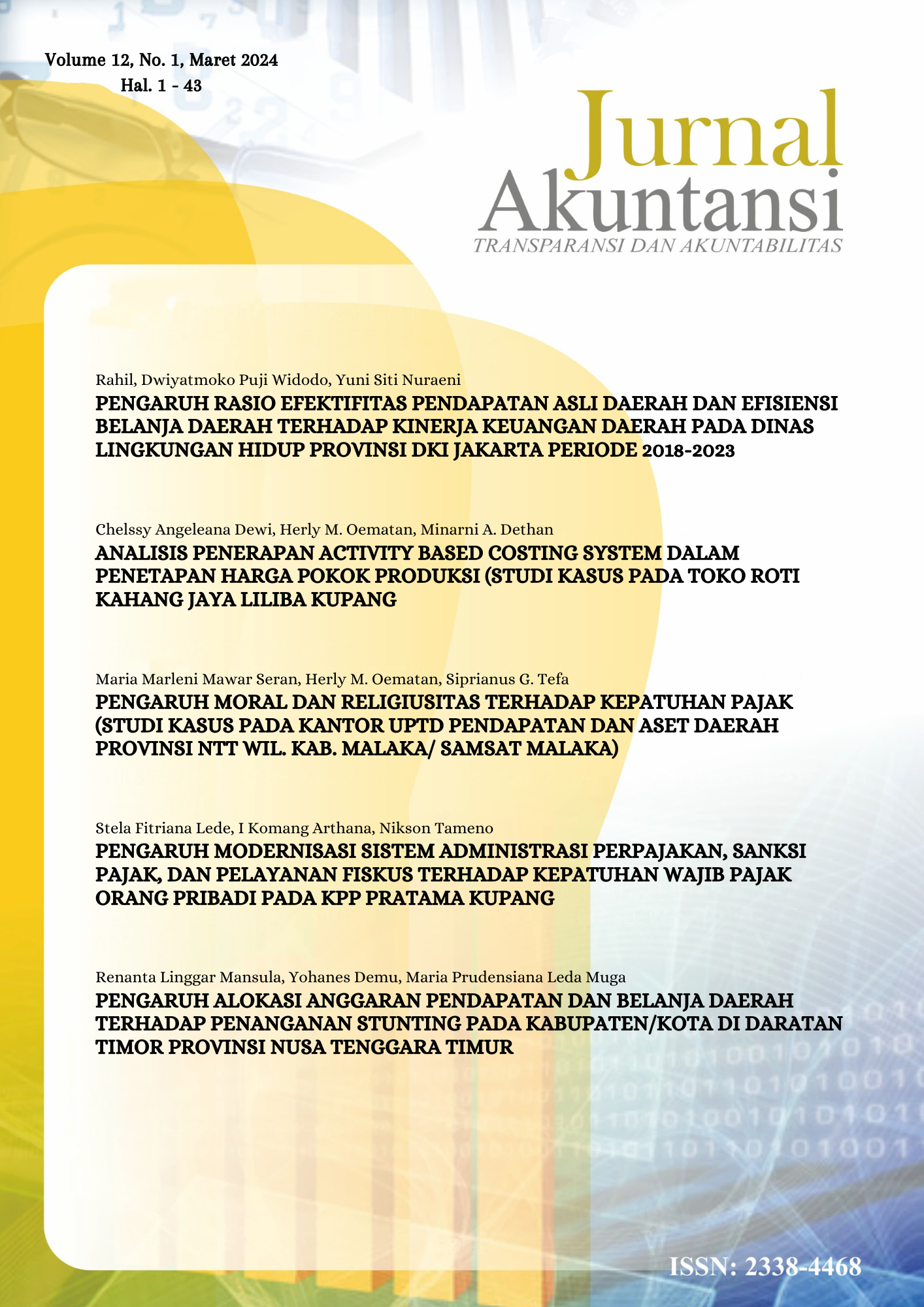APAKAH PERTUMBUHAN UPAH MENYEBABKAN INFLASI ATAUKAH SEBALIKNYA?
Abstract
A classic problem faced by many countries, especially developing countries, is the continuous increase in prices of goods and services, while the income or wages received cannot meet household living needs. Inflation, which is characterized by an increase in the prices of goods and services, affects people's purchasing power, so that their ability to buy goods and services for daily needs decreases. High inflation can disrupt economic stability, including export competitiveness and domestic savings. To overcome this, the government often increases the minimum wage (UMR) every year to maintain people's purchasing power. This research aims to analyze the relationship between inflation and minimum wage growth in Indonesia. Based on secondary data in the form of annual data for the period 1997-2024, this research uses the Granger causality test to test the relationship between the two variables. The analysis results show that inflation affects minimum wage growth, while minimum wage growth does not affect inflation. Thus, the increase in the minimum wage in Indonesia is more influenced by the level of inflation that occurs, not vice versa. The minimum wage adjustment aims to maintain people's purchasing power in the face of rising prices of goods and services

 Maria Indriyani H. Tiwu(1*)
Maria Indriyani H. Tiwu(1*)















